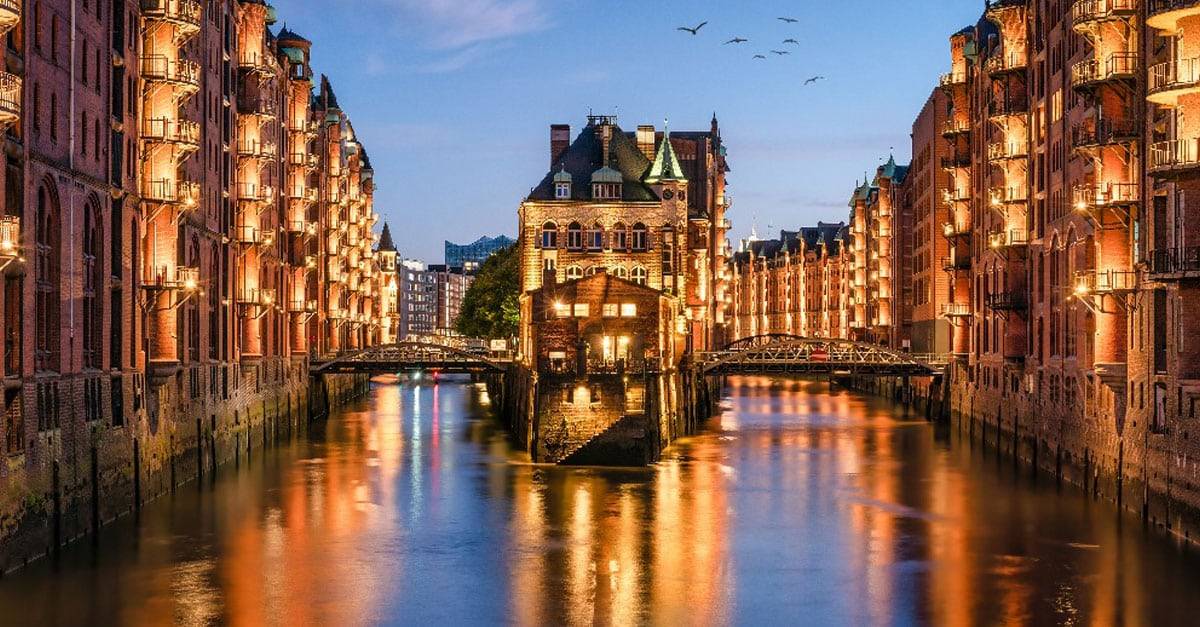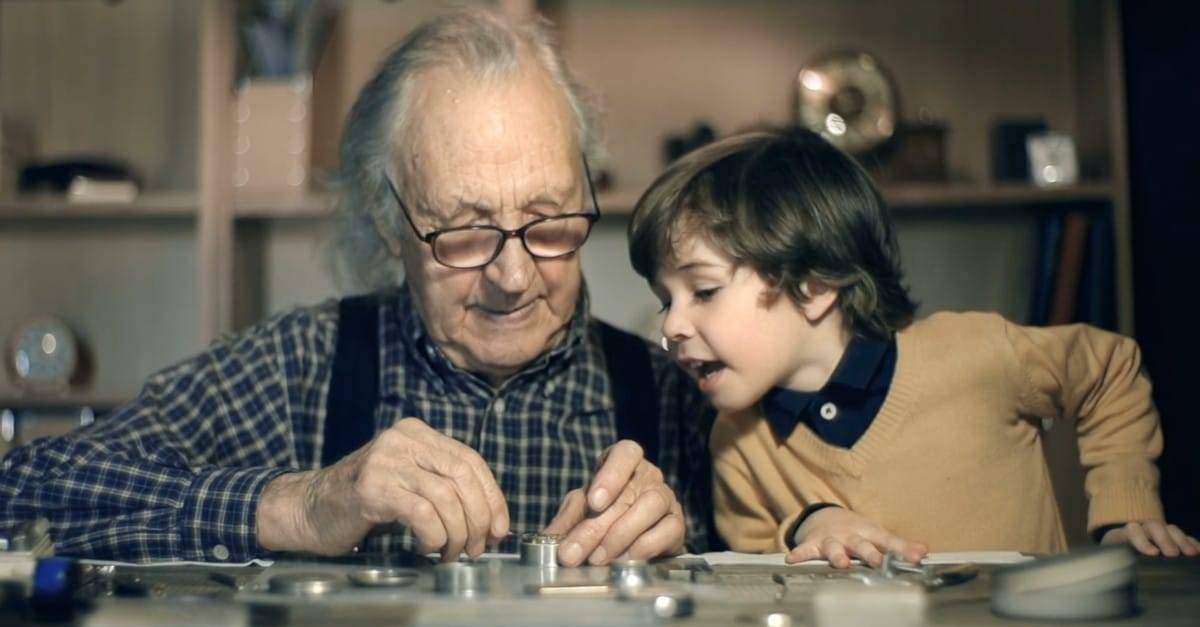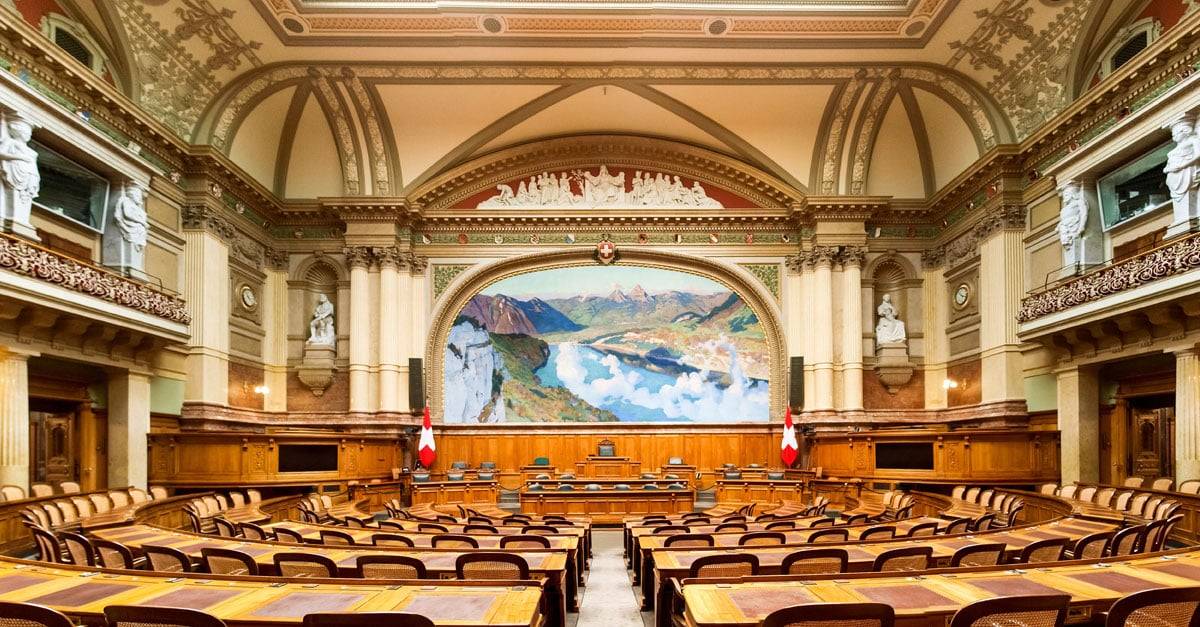
Hagenbeck: The success started with sea dogs
In 1848, the sea dogs were exhibited by the fishing dealer Gottfried Hegenbeck. Later, his eldest son, Carl Hagenbeck, took over the animal business, which became the world’s largest. The Hagenbeck Tiepark is known for being the first zoo to use open enclosures surrounded by moats rather than barred cages to better approximate animals’ natural environments. Using moats to separate animals that did not swim, one could look across an expanse of the zoo and see many animals at once, as if in the wild. Previously, zoos had not grouped animals by species, but Hagenbeck revolutionised the layout of zoos by grouping his animals by species. This design was a popular success. For more than two centuries, the family has been based in Hamburg and has been successful. Some family members still wear the ring with the family armour and live near the zoo in the family villa.
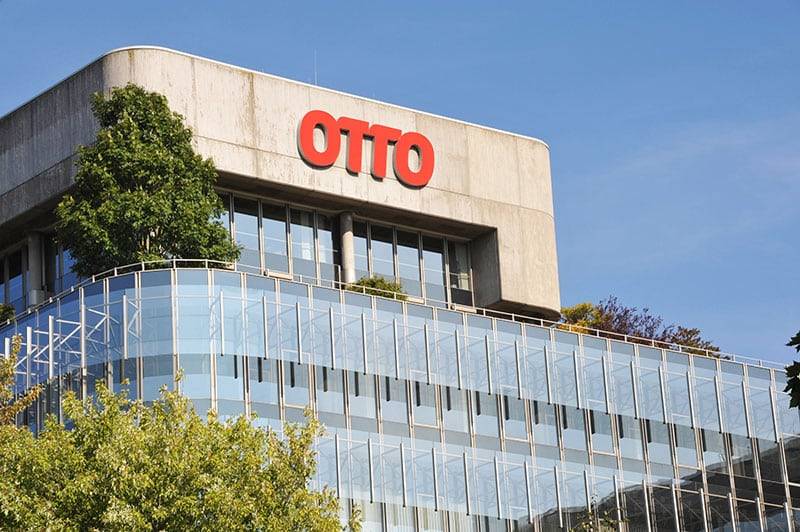
Otto: Social Engagement
After World War II, Werner Otto came to Hamburg with his wife and two children, where he founded a shoe factory. In 1949, he opened a shoe shipping shop in Hamburg-Schnelsen with a start-up capital of 6,000 German marks and three employees. This led to the development of Otto-Versand, one of the largest shipping groups in the world, with a turnover of more than EUR 15 billion and more than 55,000 employees. Although the Otto catalogue does not exist anymore, the name is a term throughout Germany. The family regularly occupies one of the first places on the list of the richest Germans due to its acquired wealth. In 2010, her wealth was estimated at USD 18.7 billion. Otto used part of his wealth for social purposes, for foundations or institutions that have been carrying his name since then, as well as for political donations.
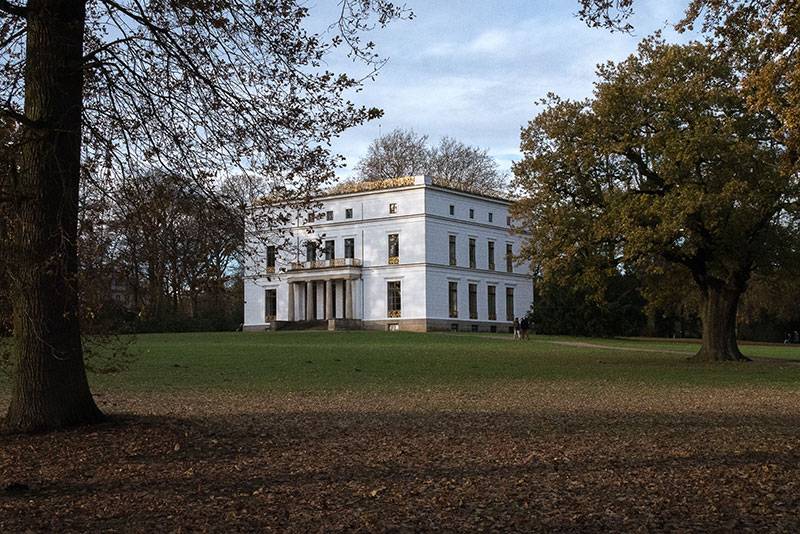
Von Jenisch: Politics as a Profession
They were senators, merchants, diplomats, and gentlemen, and their history can be traced back to the 14th century: the Jenisch. The proximity to the port and the associated trade opportunities attracted Zimbert Jenisch to Hamburg in 1605. Marriage to an influential family, the Amsincks, was probably not just for love. Success and wealth still exist today. Martin Johan Jenisch the Elder as well as Martin Johan Jenisch the Younger—father and son—became the most influential merchants of the Hanseatic city. As senators, they had the power to change things. In 1906, the family was elevated to the nobility and has since been called “von Jenisch”. In 1939, the Jenisch House and the Park became the state property of Hamburg for a purchase price of 1.3 million Reichsmark, before the Senatorenvilla was reopened in 1955 as a museum for large-scale residential culture and served the Senate Office for special events. Among other events, the Goethe Prize was presented to President Theodor Heuss, and a breakfast reception was held for the French President General de Gaulle.

Sieveking: Serving the People
The family behind this name has been one of the most famous in the Hanseatic city for several centuries. Over time, it produced influential lawyers, diplomats, and senators, as well as prominent sponsors and benefactors. Since the middle of the 18th century, these salesmen have been based in Hamburg. Through their philanthropic and mercenary activities, the Sievekings also left a lasting mark on the city. At the beginning of the 19th century, Amalie Sieveking helped the poorest and weakest in the city and is thus considered to be the co-founder of the organised deaconry in Germany. There is still the Amalie-Sieveking Foundation and a hospital in her name. The other male members were senators and/or mayors.
Your Wealth, Our Priority: Altoo's Consolidation Power, Secure Document Management, and Seamless Stakeholder Sharing for High Net Worth Individuals. Preview Platform.
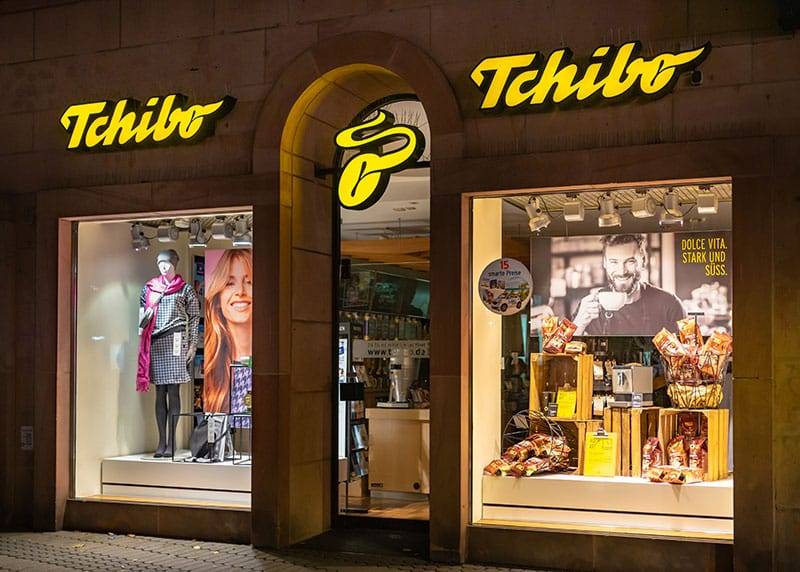
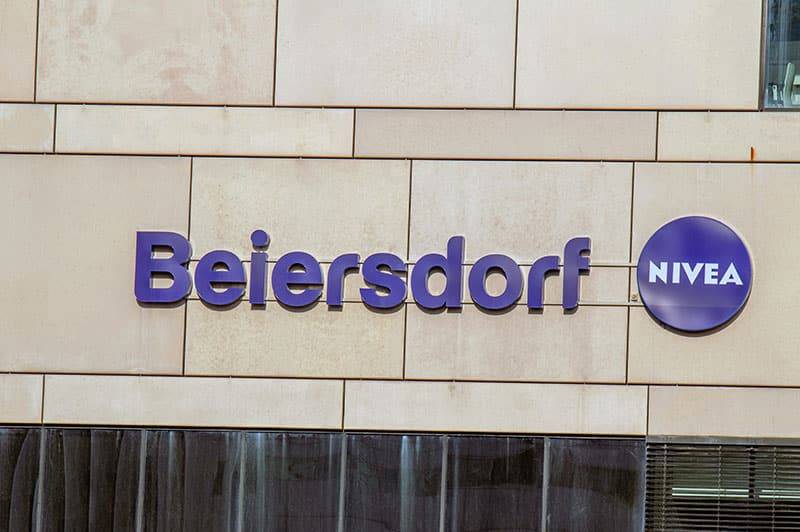
Herz: Coffee and beautiful Skin
He tests every Tchibo coffee before it comes on the market and drinks it exclusively in black. The name Michael Herz regularly appears on the lists of the richest Germans and the wealthiest Hamburgers. Most recently, the wealth of Michael Herz and his family was assessed at more than six billion euros. Together with his brother Wolfgang, Michael Herz derives his fortune from two of Germany’s most recognised companies: Tchibo and Beiersdorf. Their father, Max, along with Carl Tchiling-Hiryan, founded Tchibo, which imports and sells coffee, in 1949. Tchibo has expanded into retailing a range of other consumer goods and services, including clothing and electronics. The company has 11,000 employees worldwide and headquarters in Hamburg City Nord. Family holding company Maxingvest AG controls 100% of Tchibo and around 47% of the voting shares of Beiersdorf, whose brands include Nivea and Eucerin.

J. Darboven: Noble Delicacies
For more than 150 years, the J.J. Darboven Company has devoted itself to roasting the finest coffee beans, producing extraordinary coffee creations, and distributing exclusive coffee brands. The name is also a synonym for the vision and prudence of a family business in its fourth generation, run by Albert Darboven. Founded in 1866 by Johann Joachim Darboven, the company started to fill already roasted coffee in bags and send it to households. Both were new methods of coffee distribution at the time. During World War II, due to the lack of raw coffee, the replacement coffee Koff was produced. After the monetary reform of 1948, the company restored its production to real coffee. Up today, the main business of the family is the import and roasting of coffee, but also the trade in tea and cocoa. 1980 began the distribution cooperation with Mövenpick Coffee; seven years later, the company Eilles was acquired with its own 50 specialty stores. This international trade organisation employs about 900 employees and has 16 subsidiaries across ten countries, emerging from a Hamburg-based coffee business.
